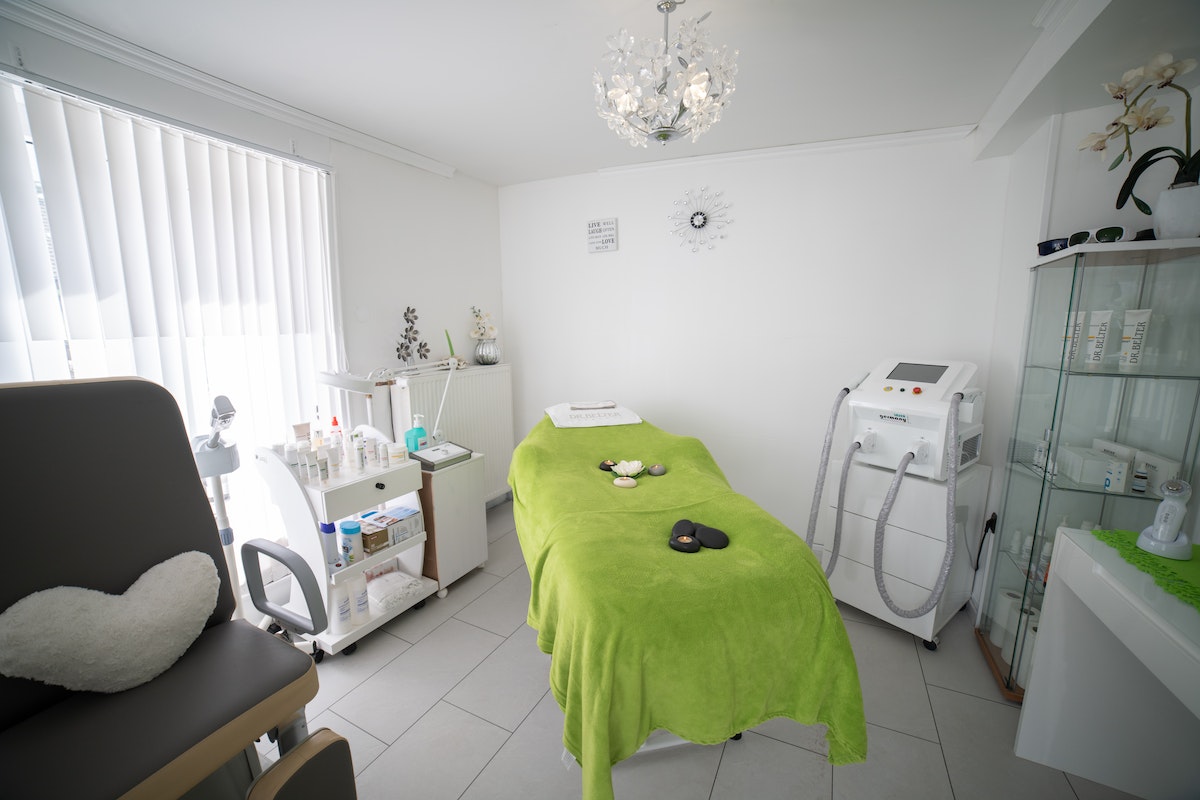Serviced offices offer many benefits for businesses of all sizes, including corporate address services, coworking spaces, meeting rooms, and more, making them a perfect choice for businesses that are growing, need office space expansion, or looking to save money by cutting costs. A serviced office is best for businesses looking to reduce their costs for maintenance and equipment, and businesses who require more privacy and administrative support. Because of its manageable monthly payment plans covering facilities as well as other services like cleaning, equipment, and maintenance, a serviced office can be the best office solution for businesses that are looking to test the waters or are at a point in their development when growth and ROI are uncertain.
By taking advantage of a serviced office, a company can rapidly fill staff positions in a new market, without incurring costs to outfit the space or commitments of long-term rentals. When expanding to a new city, state, or country, a business can quickly set the stage for that expansion by using a satellite serviced office that is rented for short periods. The company does not need to sign a long-term leasing agreement like it would for procuring a traditional office.
Flexible leasing can offer access to office space every month, allow businesses to scale up or down when needed, and secure office space for remote teams across the globe. It can be hard to find short-term rentals in New York City for a traditional office space. If you find an appropriate New York rental, you will likely need an office larger than what is needed at the moment, to accommodate the growth of your business.
In addition to the obstacles in finding office space for rent, you also will need staff members who can help manage and maintain the office. Not only does a company going with a traditional office configuration need to look for suitable office space, but they will also need dedicated staff members to assist in maintaining and running the office.
Many entrepreneurs, startups, or small businesses who are just looking to broaden their scope of operations, use service offices to accomplish their goals without being tied down in a location too long. The amenities and equipment that are included with serviced offices are a major reason that many businesses prefer using them to traditional office leasing spaces. Many serviced offices also include additional features like a staffed reception, a full kitchen and dining space, an on-site gym, and pay-as-you-go access to shared meeting rooms, break rooms and event spaces. Serviced office spaces offer convenient working environments to meet whatever needs your company might have.
You receive exclusive use of your own private office, as well as access to amenities like reception, phone, and mailing services, and you also enjoy the benefits of shared amenities such as conference rooms and break rooms. Clients have the option of renting either one or a whole floor of a serviced office — either way, you get access to a private space that comes furnished and ready to go, with all of the essential amenities provided (making a seamless transition when moving offices). A fully-serviced lease allows you to only pay for the space that you need and makes it super-easy for you to expand later. Businesses only pay for the space they need in a serviced office; most are furnished and wired up, providing access to quality equipment.

Serviced offices offer all of the facilities and amenities that businesses need to get up and running fully operational on day one, while also offering networking opportunities that promote company growth. While at first glance they might appear to be similar, serviced offices and coworking spaces are designed to address specific needs for two distinct types of businesses. Companies can benefit from breakout spaces and conference rooms, and they can also customize their relaxed or formal collaborative spaces, or individual, private offices, according to their needs.
As these coworking spaces are fully furnished, the company can pay as it goes instead of signing a long-term deal. Depending on an individual business’s needs, it may be wiser to obtain a virtual office, coworking membership, or even simply to work from home, if they do not require a business address or a physical office space. When renting office space for hire, businesses will have to arrange for all of the core components of a fully functional office, which usually includes a fixed-term contract for items like utilities, office equipment, and telecoms infrastructure, in addition to paying for business rates, utility fees, insurance, cleaning services, and periodic maintenance costs. A deposit is required, and tenants are responsible for arranging a lease for an office, with no services included.
A leased office, also known as a normal office or a conventional office, is let by a business owner to its owner for a certain amount of time — usually between three to five years. The most important difference between managed and serviced offices is that serviced offices are fully furnished by a provider – with managed offices, customers choose details like the floor plan and the number of desks and meeting rooms there are (they are also free to furnish the office themselves, provided they are returned in the same state they were rented). Serviced offices are typically charged on a per-workstation basis, and they offer the most flexible leasing plans for shorter terms (our serviced spaces are available with 3-month rolling license agreements); managed offices, by contrast, are charged based on the amount of space used, and they typically make you commit to at least a 12-month contract, though with BizSpace managed offices, no such terms are required.
Unlike longer leases and hidden costs such as maintenance, facility costs, furniture, and equipment setup, managed offices are managed, are fully furnished, and offer transparent, all-inclusive, monthly fees. Standard amenities at serviced offices include a fully-staffed reception, kitchen, breakroom, cleaning and maintenance services, meeting rooms, and networking spaces. In office spaces, tenants have access to facilities needed for the successful operation of their businesses, including reception services, access to meeting rooms, kitchens and break rooms, print services, events and networking opportunities.



